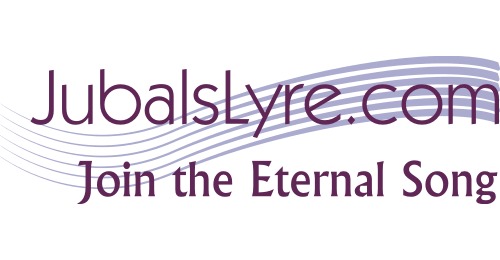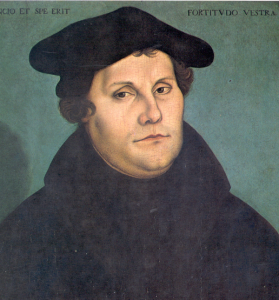This past Sunday, October 25th, Lutheran Christians celebrated the 498th anniversary of the Festival of the Reformation. However, the actual feast day is today, October 31st. Tomorrow, November 1st, we will celebrate All Saints’ Day. So if these two festivals are on consecutive days, are they connected in any way? The connections are quite interesting and valuable to consider. Let me explain.
Frederick the Wise (1463-1525), the ruler of Saxony during the time of Martin Luther (1483-1546), was a devout Christian and very wealthy. Over the years he had amassed a collection of over 19,000 relics. The word “relic” comes from the Latin reliquiae which means “remains” or “something left behind.” In the Christian faith relics are items, belongings, and even parts of bodies that are said to have once been owned or somehow connected with the lives of important people of the faith. At that time most Christians venerated and worshiped these items as tangible memorials of those people and what they represented. Relics were also said to have special powers of healing as well as penitential merit. In other words, the prevailing notion was that by praying over them, touching them, or even just looking at them one could earn “points” towards salvation.
Frederick the Wise was very proud of his collection. So proud, in fact, that every year on All Saints’ Day (November 1st) he made his relics available for public viewing. On that day thousands upon thousands of people would come to Wittenberg to look at his relics, touch them, and pray over them believing that they would derive spiritual benefit by doing so. Among other things, Frederick the Wise was said to have a thorn from the crown of thorns placed on Jesus’ head during His crucifixion, a hair from Jesus’ beard, a gold piece given to Jesus by the Wise Men, pieces from Jesus’ crib, four hairs from the head of Mary, a stone on which Jesus had stood before he ascended into heaven, and the bones of many of the saints.
Meanwhile, early in 1517 Johann Tetzel (1465-1519) began selling indulgences in a village only twenty miles away from Wittenberg that were said to provide forgiveness of sins or a reduction of the penalty of sin. It was really a fundraising scheme and caused Martin Luther great consternation. He felt compelled to confront this practice and so, in the manner common to scholars of that time, invited an open debate on the topic by writing 95 theses that challenged the sale of indulgences and the prevailing understandings of salvation. He nailed his 95 Theses to the door of the Castle Church in Wittenberg on the Eve of the Festival of All Saints – or All Hallow’s Eve (now known as Halloween). Considering that on the next day the town of Wittenberg would be filled with thousands of people trying to earn their way to heaven through relics, Martin Luther couldn’t have picked a better time to challenge the prevailing understandings of salvation.
It is also beneficial for us to remember on All Saints Day – and each and every day for that matter – the deeper understanding of saints that Martin Luther emphasized. Luther regarded those are baptized into Christ Jesus as being “simultaneously saint and sinner.” This understanding is something that is easy to forget. Although we are sinners, we are also saints: not through anything we have done, but rather because our relationship with God has been changed by Him through His grace and through the saving work of Jesus Christ. At the same time, all the saints were – and are – sinners too.
So what does all this mean for us? Well, first of all, when we look at ourselves in the mirror we see a sinner. However, when God looks at us, He sees us through Jesus because our sin is covered with Christ’s righteousness. Now that is something to live for and sing about.
So let us join the Eternal Song and sing it with great joy and gladness!
A Mighty Fortress editions by Jubal’s Lyre Music Publishers on www.sheetmusicplus.com.




